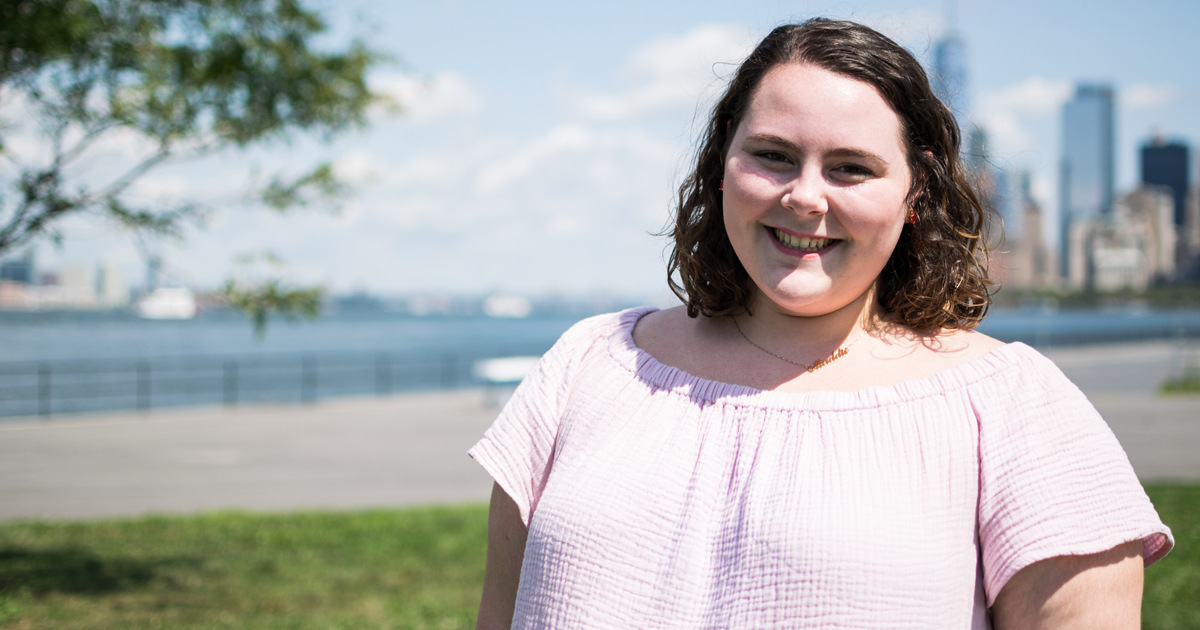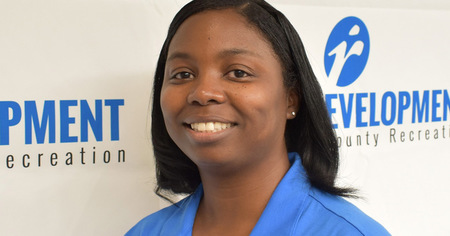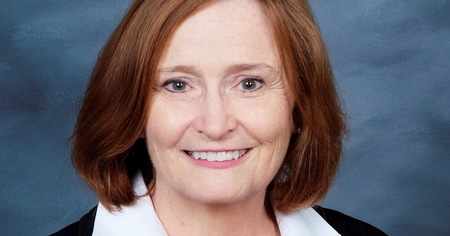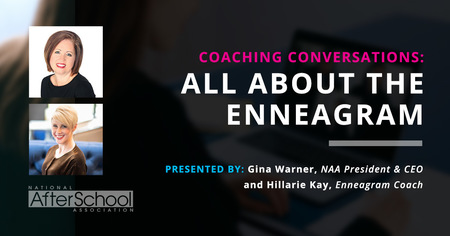This fall, I will start my junior year at Pace University in New York City, where I am studying political science and communications. As a political science student, I have been able to take a plethora of highly engaging courses regarding topics such as the works of Machiavelli to the analyzation of masculinity in today's society. However, it has always been discussion and topics revolving around education that have interested me most as a student.
Growing up in New Orleans, Louisiana, I was exposed very early on to the inequalities and general problems urban area schools face. I was also able to see a traditionally corrupt and incredibly lacking school system undergo a tremendous revitalization, mainly through the spread of charter schools throughout the greater New Orleans area after Hurricane Katrina. With the rebuilding of the city and instillation of charter schools came opportunities for afterschool-related groups and organizations to make a lasting impact on students in a city riddled with poverty, recovery and crime. The work and support of NAA to afterschool educators in similar environments, and in environments of all kinds, is something that truly struck a chord with me, and so I was more than eager to join the small but powerful team this summer!
In my short time with NAA this summer, I have been fortunate enough to learn a lot—not only about the organization itself, but also about what afterschool is, and can be, in communities throughout the country and the world.
Although I could write a novel about all I've learned and done, I would like to share the three most poignant pieces of knowledge I gained this summer.
1. The work of NAA helps many.
Although afterschool educators are able to become members of the organization, the resources NAA provides to nonprofit leaders, parents and, of course, students, is truly what makes the organization so special. Through yearly conferences and being active via social media platforms and articles, the organization truly makes efforts to be a support system for anyone who might be involved or interested in the afterschool world.
2. Afterschool is becoming increasingly advanced!
As a young student, I spent plenty of time in afterschool programs. While I loved the traditional education options such as soccer, watercolors and homework time, I have grown incredibly jealous of the options students today have through afterschool programming. While working for NAA, I read about many afterschool programs focused on specialized and advanced educational topics. From STEM subjects to urban farming, afterschool educators have definitely upped their ante, and students across the country are greatly benefitting.
3. Afterschool is for everyone!
When given the opportunity to intern for NAA, one of the first things I did, as most millennials would, was "stalk" the organization through its numerous social media platforms and website. When doing this, I came across one of NAA's newest and most important slogans: "Afterschool is for everyone." As a political science major, issues regarding inclusivity and diversity are something I discuss in class on a daily basis, and are incredibly important to me as a human being. The message of "Afterschool is for everyone" not only made me eager to help further the work of NAA, it also comforted me—reminding me that there are so many educators and organizations out there providing support and vital life experiences for all children.
Written by Maddie McLain for the National AfterSchool Association.




